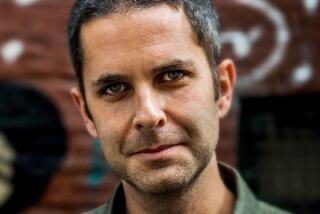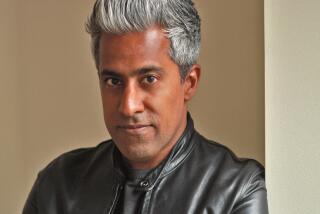Faking It in the Fast Lane
- Share via
One of life’s continuing amazements is the discovery that one’s deepest, darkest secrets are other people’s deepest, darkest secrets, too. The latest example of this phenomenon is the finding by psychologists that 70% of successful Americans consider themselves unworthy frauds who may be unmasked and sent packing at any moment.
Two new books describe the syndrome. Dr. Pauline Rose Clance, a psychologist at Georgia State University, has written “The Imposter Phenomenon” (Peachtree Publishers), which describes executives, professionals, celebrities and other apparently successful people who see themselves as fakes who are fooling the world. They are troubled or terrified by the prospect of being found out. Clance has been studying such people since 1978, when she noticed that her own feelings of insecurity were not unique to her.
After reading Clance’s early work, Joan C. Harvey, a Philadelphia psychologist, recognized the phenomenon in herself and developed the Harvey IP (Impostor Phenomenon) scale, which attempts to quantify an individual’s fears of fakery. Her findings are described in “If I’m So Successful, Why Do I Feel Like a Fake?” (St. Martin’s Press).
It turns out that we know a fair number of people suffering from the Clance-Harvey neurosis, some of them quite well. According to the psychologists, these people could benefit from therapy, which would alleviate their fears and minimize erratic behavior that could be socially or professionally damaging. On the other hand, it has been noted, even paranoids have enemies. Perhaps everyone is fooling one another.
More to Read
Sign up for our Book Club newsletter
Get the latest news, events and more from the Los Angeles Times Book Club, and help us get L.A. reading and talking.
You may occasionally receive promotional content from the Los Angeles Times.










